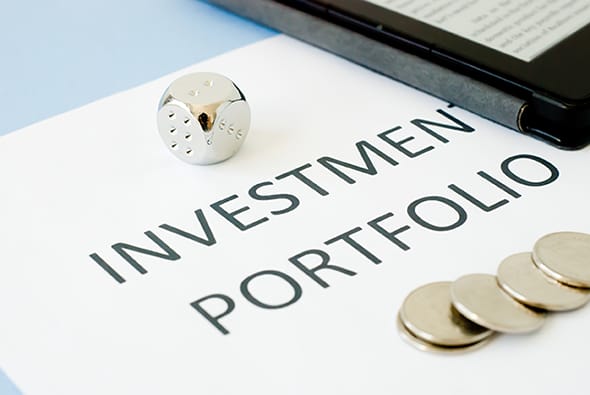Aug 18, 2016
Making Sound Financial Decisions Post-Divorce
Finances
What are my total portfolio costs?”
Why you need to ask these questions and understand the answers to make sound financial decisions post-divorce.
Divorce is a very stressful and emotional life event. Many people feel as though they are walking on the moon, or going through the motions of life without having their feet firmly on the ground. Added to that stress is the new independent world of monetary obligations and financial decisions that need to be made. It can put a person in a vulnerable position.
Making educated investment decisions are critical to a sound future, yet without the proper information, good decisions are hard to make. This article looks at a very simple question, “What are my total portfolio costs?” Simple answers may be hard to come by.
What questions should I ask?
After a divorce invested assets may have been divided, but questions may arise about what to do next. If a client is new to making investment decisions, and are working with “a new” adviser there are some baseline questions to ask.
1. How can an individual be sure he or she is being treated fairly?
2. How can a client be sure the adviser is acting in their best interests?
These questions are exceedingly important, because it is the client’s money, and post-divorce, every dollar becomes more valued. A client should always feel like he or she has a firm understanding of the investment portfolio, and can exercise control over the investment process. Knowledge represents power, and in the investment world it also represents money. Controlling the process can be educational, informative, and empowering, but it starts with knowing the costs.
What are my total portfolio costs? How is the financial adviser charging me?
Many times the answer is shrouded in mystery. A client fully expects to pay an adviser for time and expertise, but in most cases, the adviser cost is but one part of a larger equation.
An adviser may be 1] fee only-charging only the client a pre-determined fee each year, they may be 2] fee based-charging a fee and possible being paid by a third party for selling a product, and 3] commission based-receiving commissions for selling a specific product.
Depending on the type of adviser, how the assets are invested, or the investment products used can greatly magnify the total costs for a client.
Are there costs in addition to what the adviser is charging? It’s important to understand what the total costs are.
Total costs are not limited to the adviser, each layer in the process or product may have a cost, and determining the total cost may be a tricky wicket to get through. Any product sold with a prospectus usually has internal costs. Reading a prospectus can identify another piece of the cost puzzle, which is the expense ratio. This cost needs to be added to an adviser fee. The expense ratio is charged on a daily basis, so its impact may not seem immediately noticeable, but over time it can have a large financial consequence. Another part of the fee pie might include the Statement of Additional Information (SAI) costs. The SAI details a litany of other costs that may apply. Trading costs, borrowing costs, and other investment advisory services are explained here. While many have never heard of an SAI document, it does contribute to the overall fee paid.
The adviser relationship combined with the products used can greatly impact total expenses. Many clients are aware or see the adviser fee, but are unaware of the embedded fees that may also apply.
Most trust that their adviser has their best interest in mind when making recommendations, that there are no conflicts of interest, and that the client adviser relationship is built on transparency and honesty. The Department of Labor is issuing new Fiduciary guidelines for advisers that deal with retirement assets. A Fiduciary can only act in the client’s best interest. It may be assumed that this was being done anyway, but it can raise interesting questions. Many may find that a client relationship they thought was built on honesty and trust was actually built on a series of transactions.
Having an understanding of total portfolio costs represents a starting point for making a determination about who will best represent you in your financial affairs. Exercising control over the process empowers clients as they navigate their post-divorce path.
By Jonathan McSurdy, Axiom Investment Solutions, LLC
Disclaimer. All written content on this site is for information purposes only. It is not intended to provide any tax or legal advice or provide the basis for any financial decisions Opinions expressed herein are solely those of Axiom Investment Solutions LLC. All information and ideas should be discussed in detail with your individual adviser prior to implementation. Advisory services are offered by Axiom Investment Solutions LLC a Registered Investment Advisor in the State of Pennsylvania.
